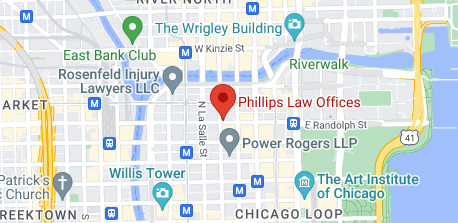
Call now for your
Free Consultation:

Free Consultation:

Free Consultation:
Once a construction contract has been substantially completed, the owner is liable to the contractor for the final payment on the contract price. The contractor must prove “substantial completion.” Thereafter, the burden shifts to the owner to prove otherwise or show defects in the contractor’s work that impacts the project’s completion. If the owner fails in this regard, he must pay the full outstanding balance owed under the contract. Once substantial completion has occurred, the owner cannot repudiate the contract based on an alleged lack of performance by the contractor. Further, the date of substantial completion may cap any liquidated damages as well as start any applicable warranty period.
“Substantial completion” is generally thought to be that point in the construction when the structure or result of the contractor’s work can be used for its intended purpose. Courts may make various factual inquiries to determine if substantial completion has occurred. These may include what work remains to be done in order to completely fulfill the contract, what, if any, defects are present in the contractor’s work, how easily existing defects can be corrected, and how useful or beneficial is the contractor’s work in its present state. Oftentimes, the contract documents themselves will outline what constitutes substantial completion of the project. Additionally, each jurisdiction in which work is performed may have a different version of the definition for “substantial completion.” Given the rights and responsibilities that may hinge on the date of substantial completion, prudent parties to a construction contract will examine any applicable contract provisions and relevant law to ensure their understanding of what substantial completion of their project will entail.
Call For A Free Consultation

161 N Clark St #4925
Chicago, IL 60601
(312) 346-4262
Copyright 2023 Phillipslawoffices. All Right Reserved